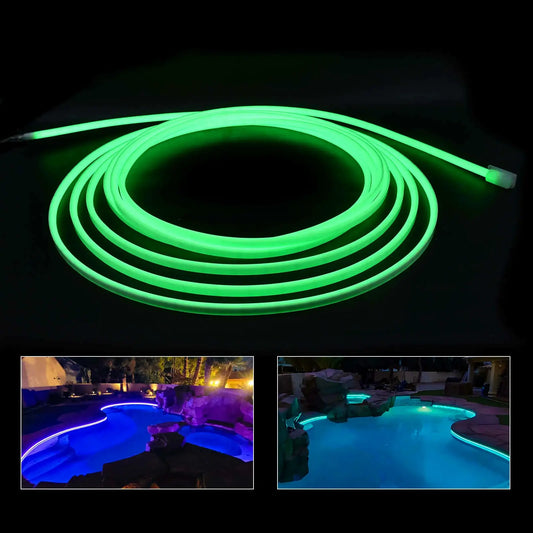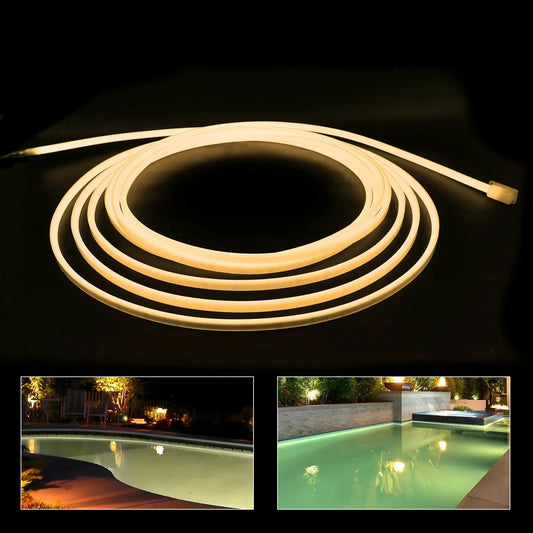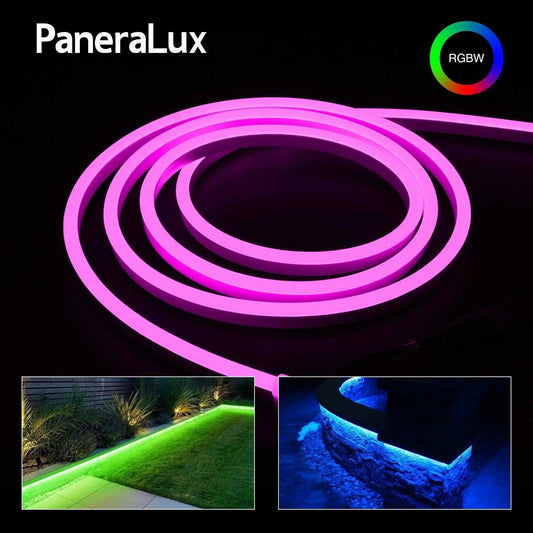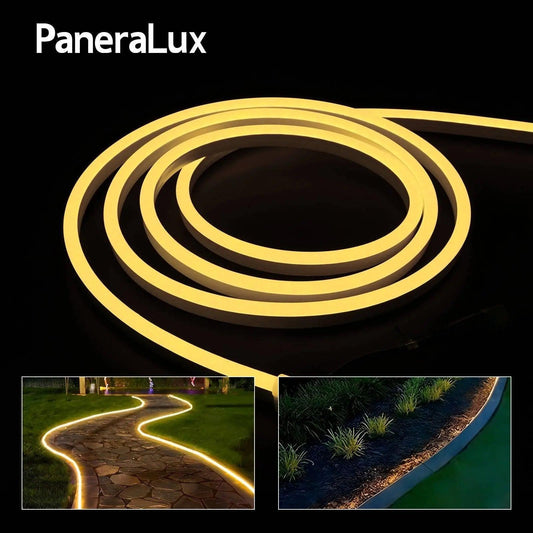
What Causes Algae in a Swimming Pool?
Published: Last Updated: Estimated Reading time: 4 minsAlgae in swimming pools can be a homeowner’s nightmare, turning clear, inviting water into a green, cloudy mess. You will find the pool is green and cloudy.
So what exactly causes algae to grow in a swimming pool, and more importantly, how can you effectively prevent and remove it?
Whether you’re dealing with an outdoor pool or one that’s rarely used, understanding algae is the first step to keeping your pool pristine.
Table of Contents:
7 Major Types of Algae
Algae come in various forms, and their appearance often depends on environmental conditions and maintenance habits. Check following 7 major types of algae:
| Algae Type | Environments |
|---|---|
| Euglenophyta (Euglenoids) | Found in both fresh and saltwater environments. |
| Chrysophyta (Golden-brown algae and Diatoms) | The most common single-celled algae, with over 100,000 species in fresh and saltwater. |
| Pyrrophyta (Fire algae) | Single-celled organisms found in oceans and freshwater. |
| Chlorophyta (Green algae) | Typically thrives in freshwater environments. |
| Rhodophyta (Red algae) | Commonly seen in tropical marine waters. |
| Phaeophyta (Brown algae) | Includes larger species like seaweed and kelp in marine environments. |
| Xanthophyta (Yellow-green algae) | Rare, found in fresh, saltwater, or wet soils. |
For pool algae Chlorophyta (Green algae), Xanthophyta (Yellow-green algae), and Chrysophyta (Golden-brown algae) are the most common culprits.
Chlorophyta (Green algae): Common in pools with poor circulation, green algae can float freely in water or cling to walls, turning the pool cloudy and slippery.
Xanthophyta (Yellow-green algae): Known as "yellow algae" or "mustard algae" in pools, they thrive in shaded areas and are more resistant to chlorine.
Chrysophyta (Golden-brown algae): These are diatoms that can leave a brownish tint on pool walls and floors, often mistaken for dirt or stains.
Using proper pool sidelights can help you detect algae early and maintain a clean pool.
Frequently Asked Questions About Algae in Pools
Are Algae Ever Beneficial to Swimming Pools?
Not at all.
For natural ecosystems like lakes and ponds, suitable algae can benefit ecological circulation.
But for pools, it has no place. Algae make surfaces slippery, reduce water quality, and can harbor bacteria.
Do Algae Grow in Winter?
Same as other plants, algae growth slows in cold temperatures, but it doesn’t stop entirely.
If your pool is uncovered or poorly maintained, algae can still grow, even in winter.
Are Unused Pools More Prone to Algae?
Yes. Pools left unused for long periods are more likely to develop algae due to stagnant water and lack of cleaning.
Regular maintenance and tools like white or blue LED pool lights can improve water circulation and visibility, reducing the risk of algae.
Goodbye with Your Algae Swimming Pool
The answer for “Can I completely eliminate algae?” is both yes and no.
Completely eliminating algae spores isn’t possible, but preventing their growth is achievable.
Follow best way to clean algae from pool:
Balance Water Chemistry
Regularly test and adjust chlorine and pH levels to make the water inhospitable to algae.
Boost Circulation
Ensure your pump and filter are working efficiently to keep water moving and filtered.
Clean Regularly
Use pool brushes and nets to scrub surfaces and remove debris that algae can cling to.
Use Algaecides and Chlorine Shock
Apply pool algaecides to create a protective barrier and use shock treatments to kill algae spores.
Install Proper Pool Illumination
Add submersible swimming pool lights or IP67 waterproof swimming pool lights to improve visibility and highlight trouble spots.
With consistent maintenance and the right tools, you can enjoy a clean, sparkling pool year-round and say “Goodbye” to an algae swimming pool.
Ready to transform your pool into a pristine oasis? Equip your pool with premium lighting solutions from PaneraLux to enhance its aesthetics and functionality while keeping algae in check.





